
Russian court bans groups of opposition leaders, Navalny vows not to withdraw
The Moscow court ruling, effective immediately, prevents people involved in Navalny’s Foundation for Fighting Corruption and its sprawling network of regional offices across Russia from seeking public office. Many of Navalny’s allies had hoped to run for parliamentary seats in the September 19 elections.
The extremism label also includes long prison terms for activists who have worked with the organizations, anyone who has donated to them, and even those who simply shared the group’s material.
Navalny, President Vladimir Putin’s most ardent political enemy, responded quickly by posting a defiant message on Instagram, in which he vowed to continue working to resist the Russian authorities.
"We will not back down from our goals and ideas. This is our country and we have no other,” he said in the Russian message sent from his penal colony outside Moscow.
"We will process this, figure things out, change and evolve. We will adapt. We will not step back from our goals and ideas.”
Navalny posted the message in Russian on his Instagram account
Navalny was arrested in January when he returned from Germany, where he spent five months recovering from nerve poisoning he blames on the Kremlin — a charge Russian officials reject. In February, Navalny was sentenced to 2.5 years in prison for violating the terms of a suspended sentence from a 2014 embezzlement conviction that he dismissed as politically motivated.
Government strategy
This case has been linked to the law that prohibits all those associated with the Foundation for Fighting Corruption from being elected,” Smirnov said.
The trial was held behind closed doors on the grounds that confidential material would be discussed.
The judge rejected an appeal by the defense to allow Navalny to participate via a video link from the prison and dismissed other motions by the defense.
Navalny’s offices in dozens of Russian regions were already closed in April after prosecutors issued an order to suspend their activities pending the court’s ruling, but the opposition leader’s employees have vowed to continue their work in various formats .
Videos about corruption
His foundation, established a decade ago, has relentlessly attacked senior government officials with colorful and much-watched videos detailing the corruption allegations against them. One of the latest productions, which has garnered 117 million views on YouTube, claimed that a lavish palace on the shores of the Black Sea had been built for Putin through an elaborate corruption scheme. The Kremlin has denied any ties to Putin.
Navalny also relied on his offices across Russia to organize anti-Kremlin protests and implement his Smart Voting strategy – a project to support the candidates most likely to be the candidates of the Kremlin’s dominant party, United Russia. , will defeat in several elections.
During the hearing, prosecutors accused Navalny’s organizations of organizing protests to overthrow the government.
While the Moscow court heard the case, Russian lawmakers accelerated a new law banning members of extremist organizations from running for public office. The law was signed by Putin last week – and coupled with the court’s ruling, the hopes of some of Navalny’s associates who have declared their intention to run for parliament are shattered.
Ivan Zhdanov, a top Navalny employee who led his foundation, promised that the team will continue to publish revelations from corrupt officials and apply the Smart Voting strategy.
"Navalny’s team will not stop its activities, they should not hope for that,” Zhdanov, who lives abroad, told the independent Dozhd TV.
The September vote is widely seen as an important part of Putin’s efforts to strengthen his rule in the run-up to the 2024 presidential election. The 68-year-old leader, who has been in power for more than two decades, made constitutional amendments last year. which could potentially keep him in power until 2036.
Prior to the vote, the government also targeted other opposition figures. Last week, authorities arrested Andrei Pivovarov, the head of another anti-Kremlin group they have labeled "undesirable” — a designation used by the Kremlin to ban more than 30 groups.
Crack on dissent
Days before his arrest, Pivovarov announced the dissolution of his Open Russia movement to protect members from prosecution, but that didn’t stop authorities from catching him off a plane to Warsaw at St. Petersburg airport last week. A court in the southern Russian region of Krasnodar has ordered him to be detained for two months pending an investigation.
Membership of "unwanted” organizations is a criminal offense under a 2015 law and another bill now being passed through the Russian parliament increases the penalty for it and introduces prison terms of up to six years for their members.
Open Russia was funded by Russian tycoon Mikhail Khodorkovsky, who moved to London after spending 10 years in prison in Russia on charges widely seen as political revenge for challenging Putin’s rule. Khodorkovsky has described the continued crackdown on dissent as reflecting authorities’ concerns about the waning popularity of the main Kremlin-led party, United Russia.
Another opposition activist, Dmitry Gudkov, a former Russian lawmaker seeking to run for parliament again, was detained for two days last week on charges of financial charges he and his supporters believe were fabricated. He went abroad after being released and said he had received a warning that he would be jailed if he did not leave the country.
( Jowharwith AP, AFP, REUTERS



 0
0 
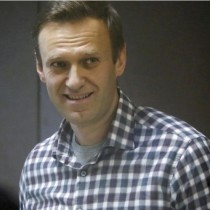

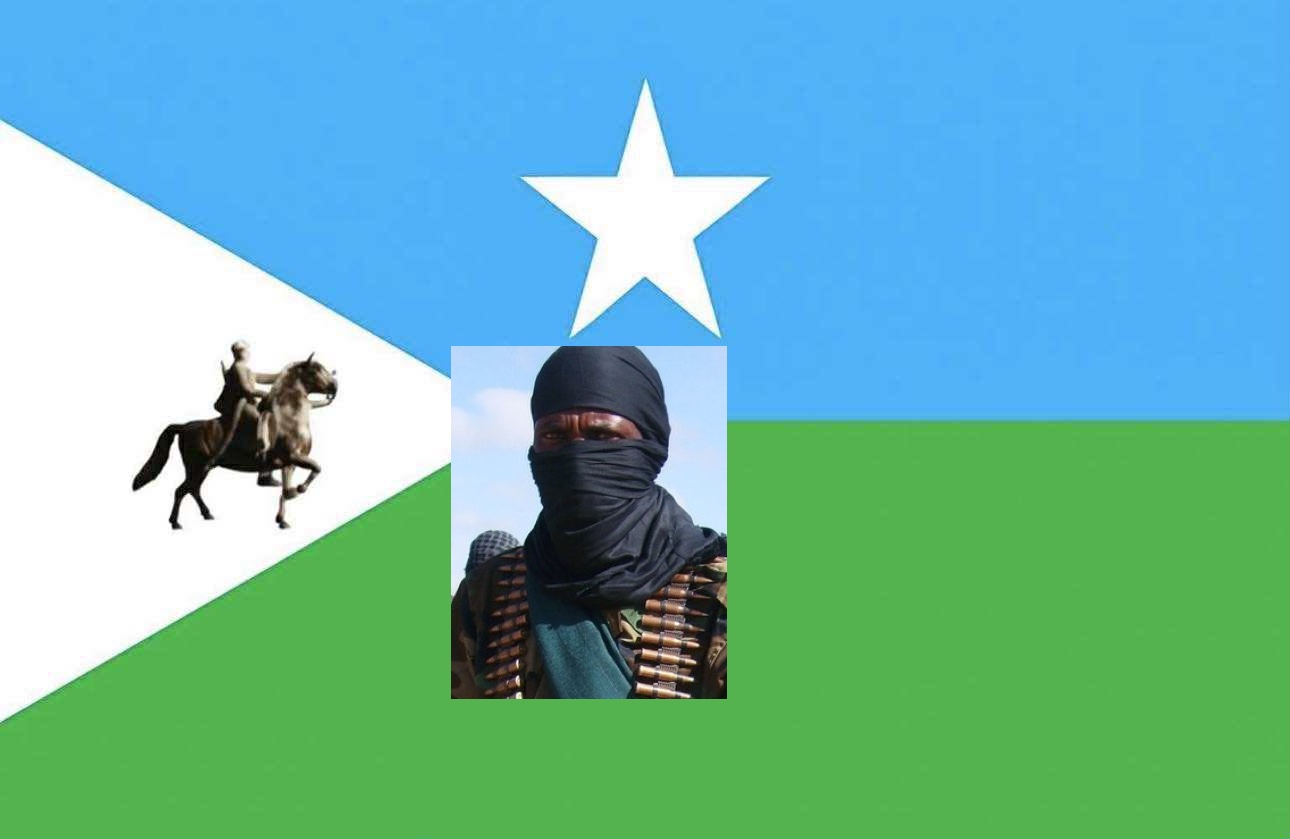
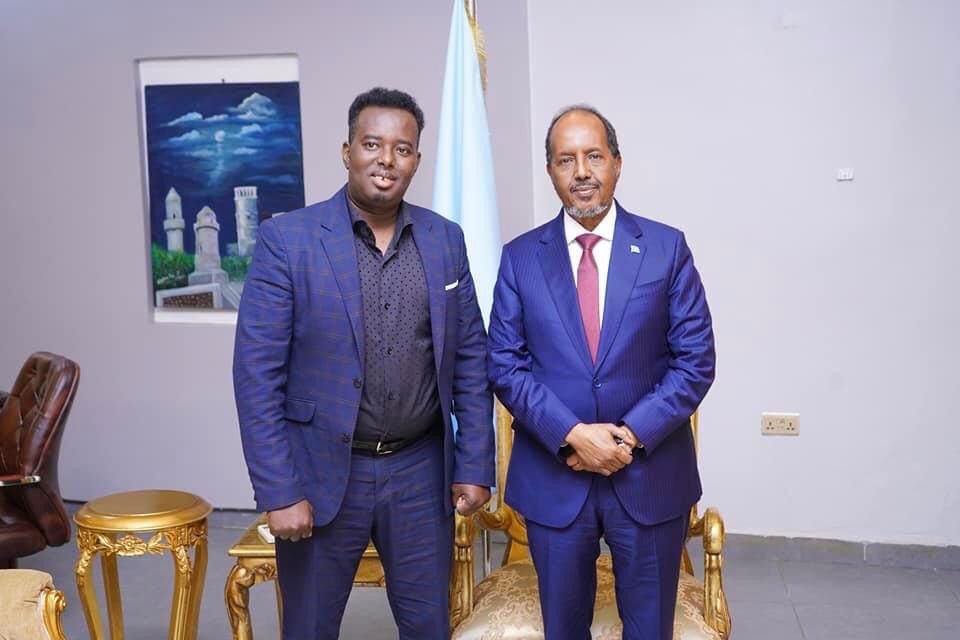
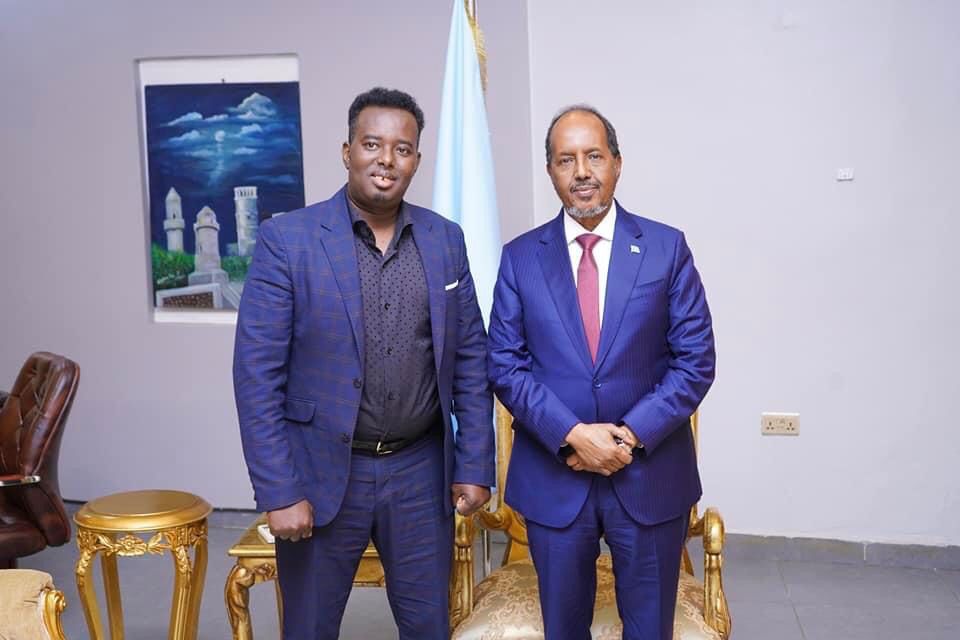
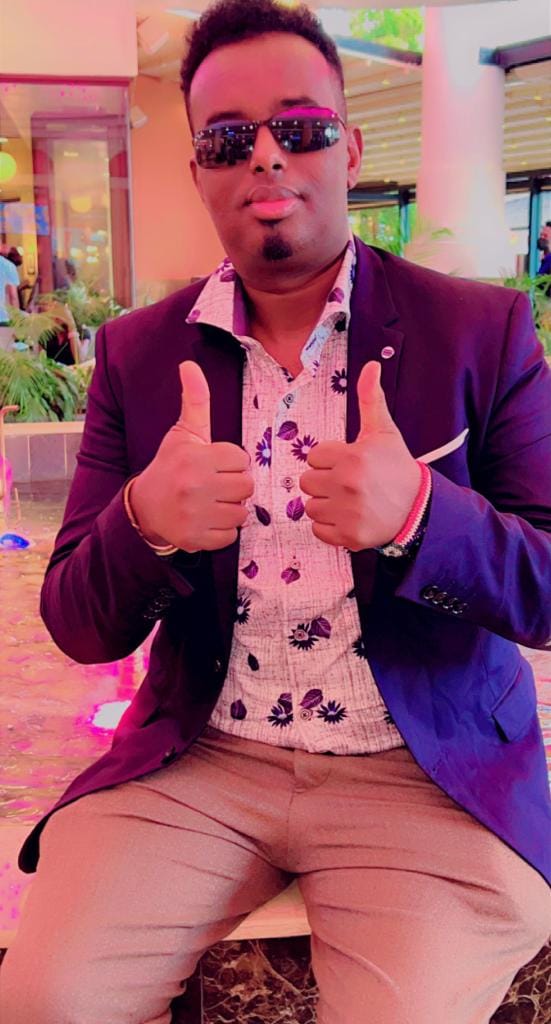

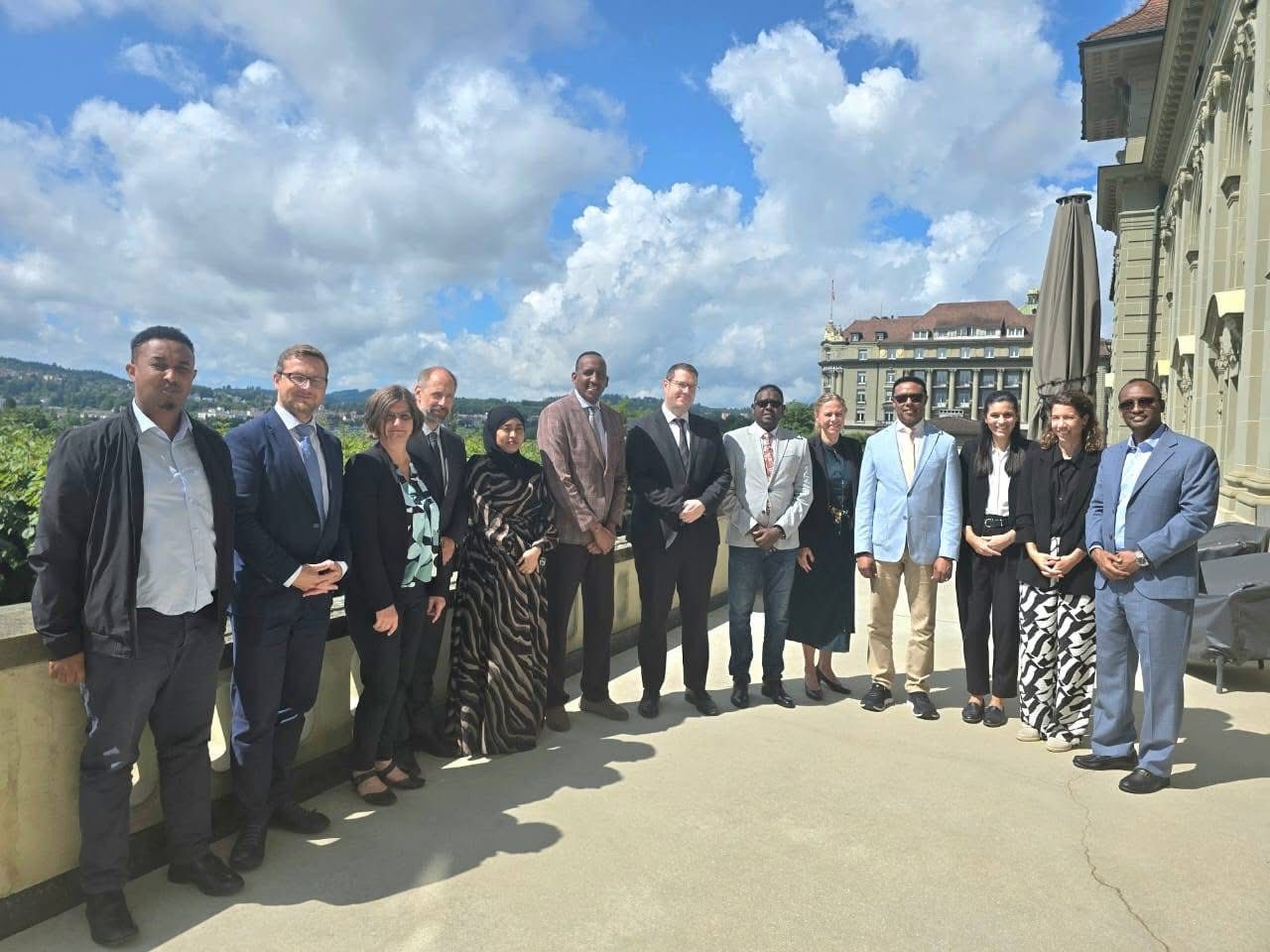
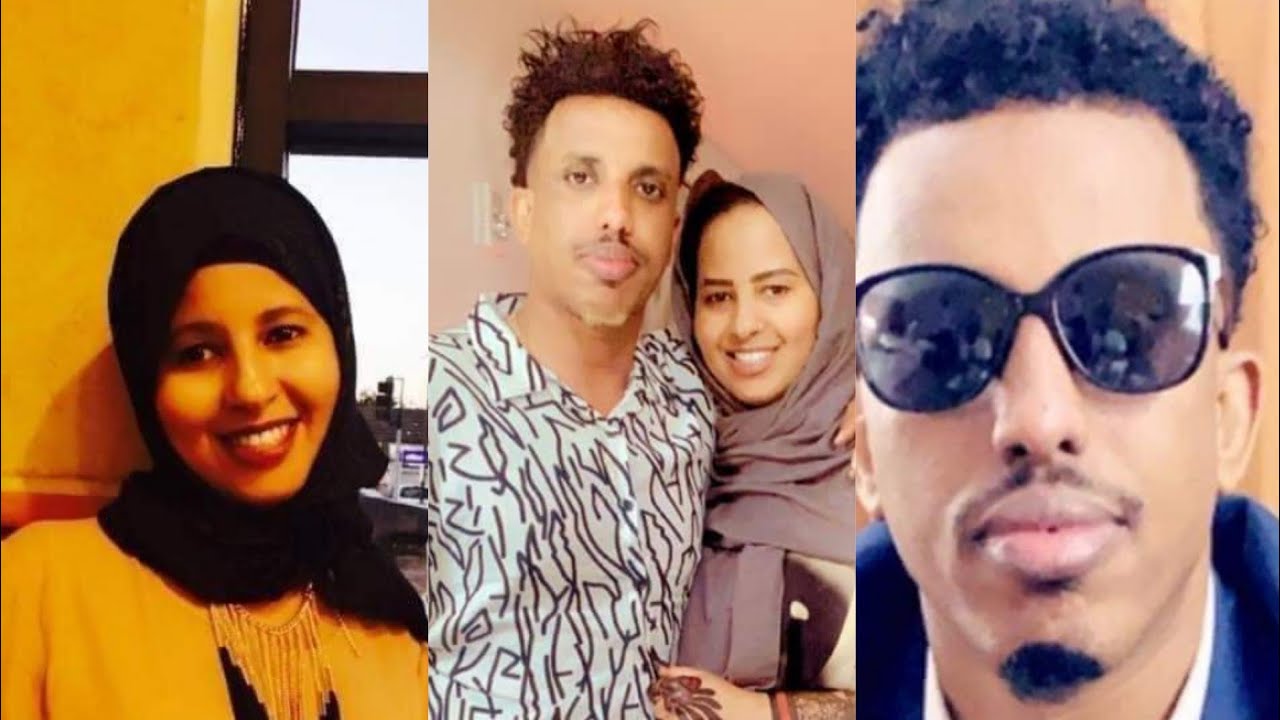
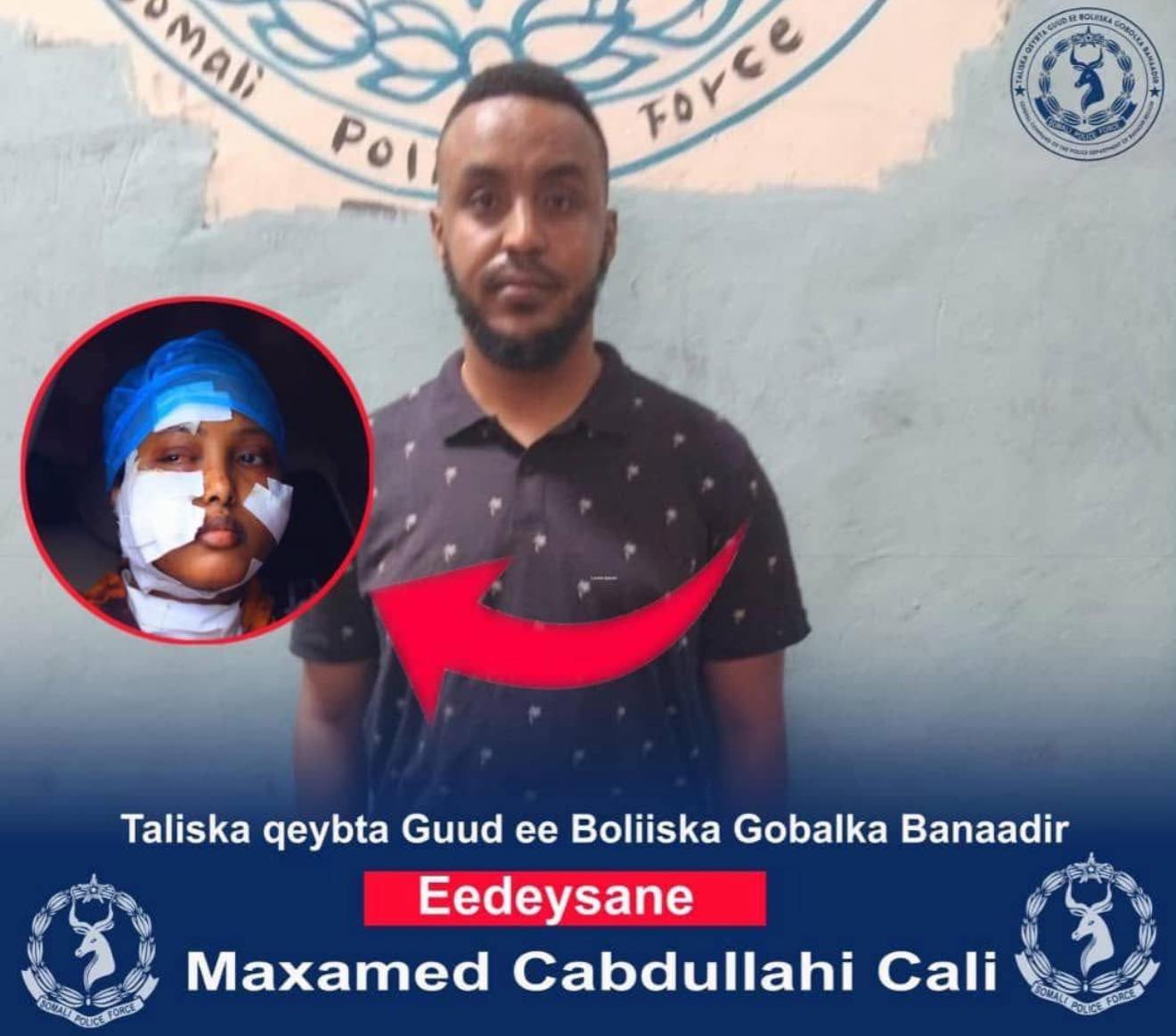
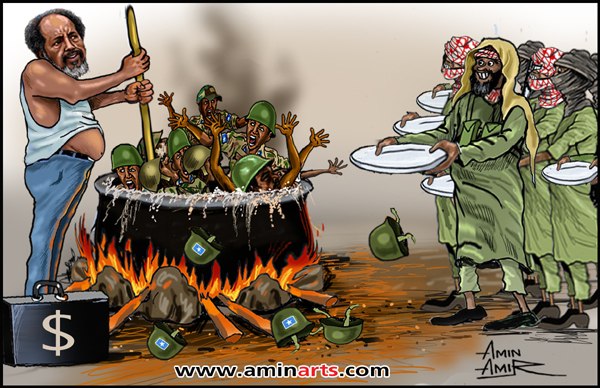
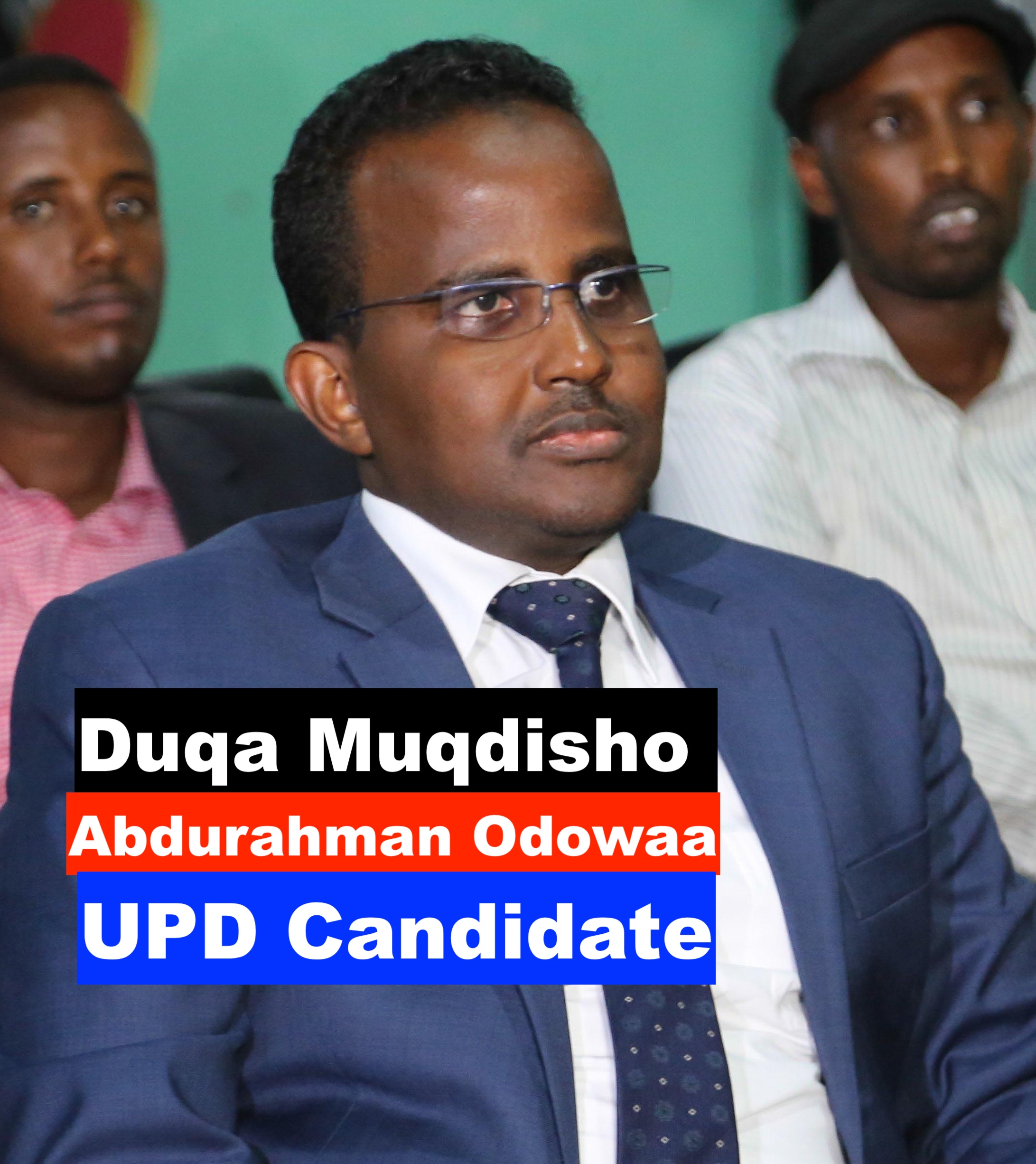
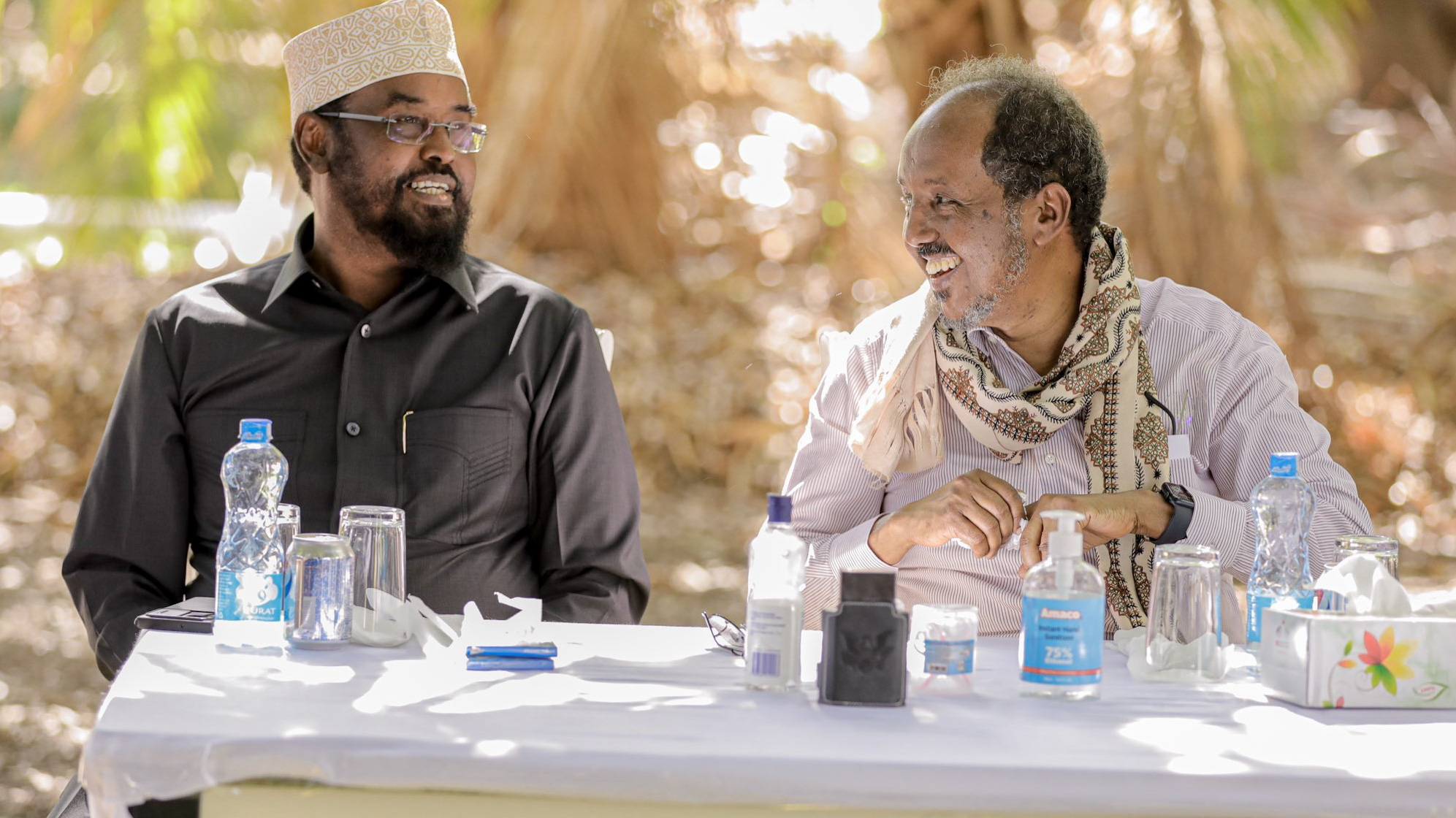
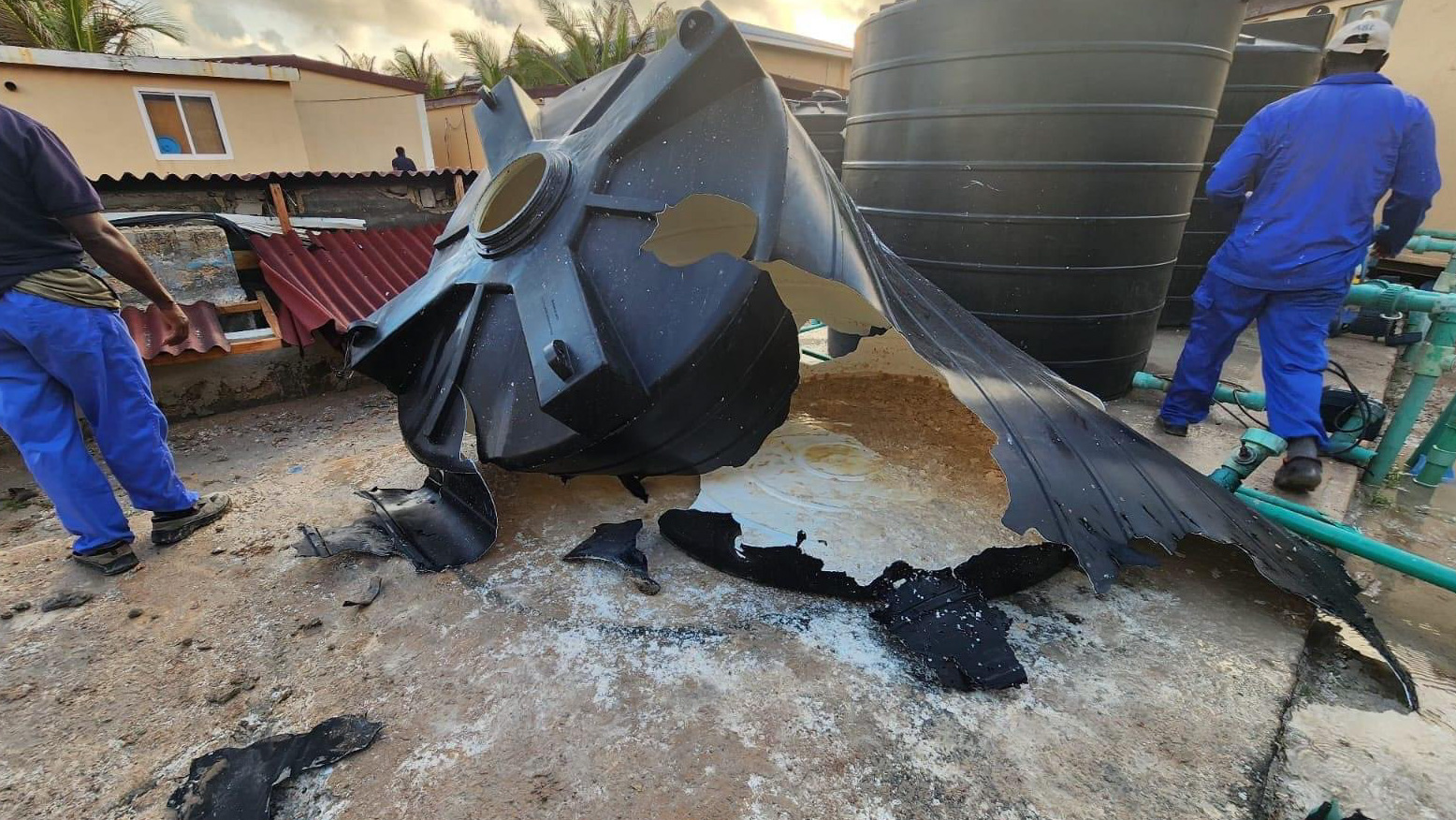
Russian court bans groups of opposition leaders, Navalny vows not to withdraw
A Moscow court on Wednesday night banned organizations founded by Russian opposition leader Alexei Navalny by labeling them extremists, the latest step in a campaign by the authorities to silence dissent and ban Kremlin critics from running for offic